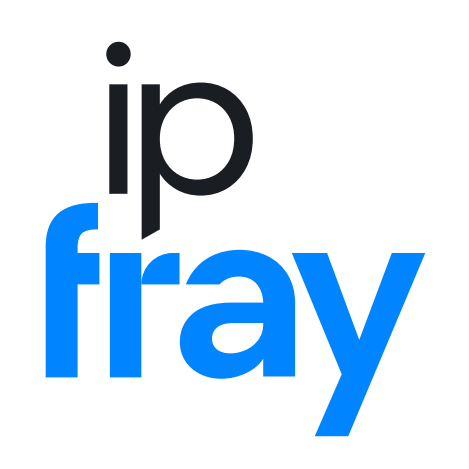Context & What’s New: Today Nokia and Honor, an entity spun off from Huawei three years ago (CNBC article), announced a 5G patent cross-license agreement (Nokia news release, Honor news release). Terms unknown, but Nokia is obviously the net licensor.
Direct impact: Every license agreement avoids litigation and agreements concluded at this time of the year are particularly likely to have been inked just before or after the expiration of an existing license agreement. In this case, a December 30 press release by Nokia (an earnings warning) makes it even more probable.
Wider ramifications: The two deal partners can legitimately see the agreement as serving to validate their approach to licensing. Nokia points out that this is the fourth major smartphone patent license agreement signed over the course of the last 12 months without having to resort to litigation. That said, the Chongqing FRAND determination concerning Nokia’s standard-essential patent (SEP) portfolio remains key to the situation between Nokia and OPPO, and whatever drove the Nokia-Honor deal is unlikely to change vivo’s calculus.
Those advocating a fundamentally flawed EU SEP Regulation overstate the lack of transparency, given that courts (even in “injunction-happy” Germany) do want to see comparable agreements. But the general public is often told little more than the fact that an agreement (whether a new one or a renewal; this one was presumably a renewal that now reflects the shift to 5G) was signed.
Many license agreements are based on calendar years, which for many Western companies also correspond to their fiscal years. Sometimes they have terms ending in mid January as parties prefer not to have to file or react to lawsuits during the Holiday Season. As mentioned in the fray4 summary above, Nokia issued a warning to shareholders on December 30 that some renewal discussions would not be concluded before the end of the year. In particular, Nokia said it “[would] prioritize protecting the value of its patent portfolio versus achieving certain timelines for resolution.” ip fray therefore assumes with a probability over at least 90% that today’s Nokia news release must be viewed in direct connection with the previous one, not in terms of Honor necessarily having been the only reason for the prior press release, but part of it.
There are no signs, however, that Honor’s roots as originally a Huawei division played any role. Honor has new owners and operates independently. Under the spin-off terms, an old license agreement may still have been in place, but the current Huawei-Nokia patent license agreement was announced in December 2022 (Huawei press release; Nokia press release), long after the spin-off, making it impossible that Honor was licensed under that one.
Nokia has second-to-none licensing and litigation expertise, but at the outset of a litigation campaign no one can fully predict what will happen. The jury is still out on whether the multi-year battle with OPPO was worth embarking on, and the answer is increasingly likely to be “no” with a FRAND determination by a Chinese court becoming known one month ago (OPPO statement; ManagingIP scoop on Nokia’s decision to appeal).
Honor’s decision makers can’t have been unaware of that decision, and that may have helped them reach an agreement with Nokia. There is no indication, however, for today’s announcement moving the needle between Nokia and OPPO on the one hand and Nokia and vivo (where a Chongqing FRAND determination is also expected to happen in the not too distant future) on the other hand.
Given the challenges Nokia’s licensing business is facing (despite the aforementioned expertise and a long history of wireless and other digital innovation), EU policy makers should be particularly careful about not encouraging hold-out. ip fray does not have hold-out concerns in OPPO’s case as the company has been consistent about its willingness to conclude a license agreement anytime on the terms set by the Chongqing court even long before those terms were known, and given that some of the decisions that forced OPPO out of the German market appear highly questionable in light of determinations made and facts (such as Nokia’ positions on whether a per-unit or lump-sum royalty are FRAND) coming to light in other jurisdictions. But there are other players. For instance, Nokia has recently felt forced to bring assertions of video codec patents against Amazon and HP (euronews article), and hold-out may be a problem in that context, also considering Amazon’s conduct vis-à-vis Huawei in a WiFi 6 licensing dispute.
It is in the interest of wireless and related innovation, and of the European economy, for Nokia to be fairly compensated for its intellectual property. In that regard, the agreement between Nokia and Honor is a good way to start 2024 on the 5G SEP licensing front.

